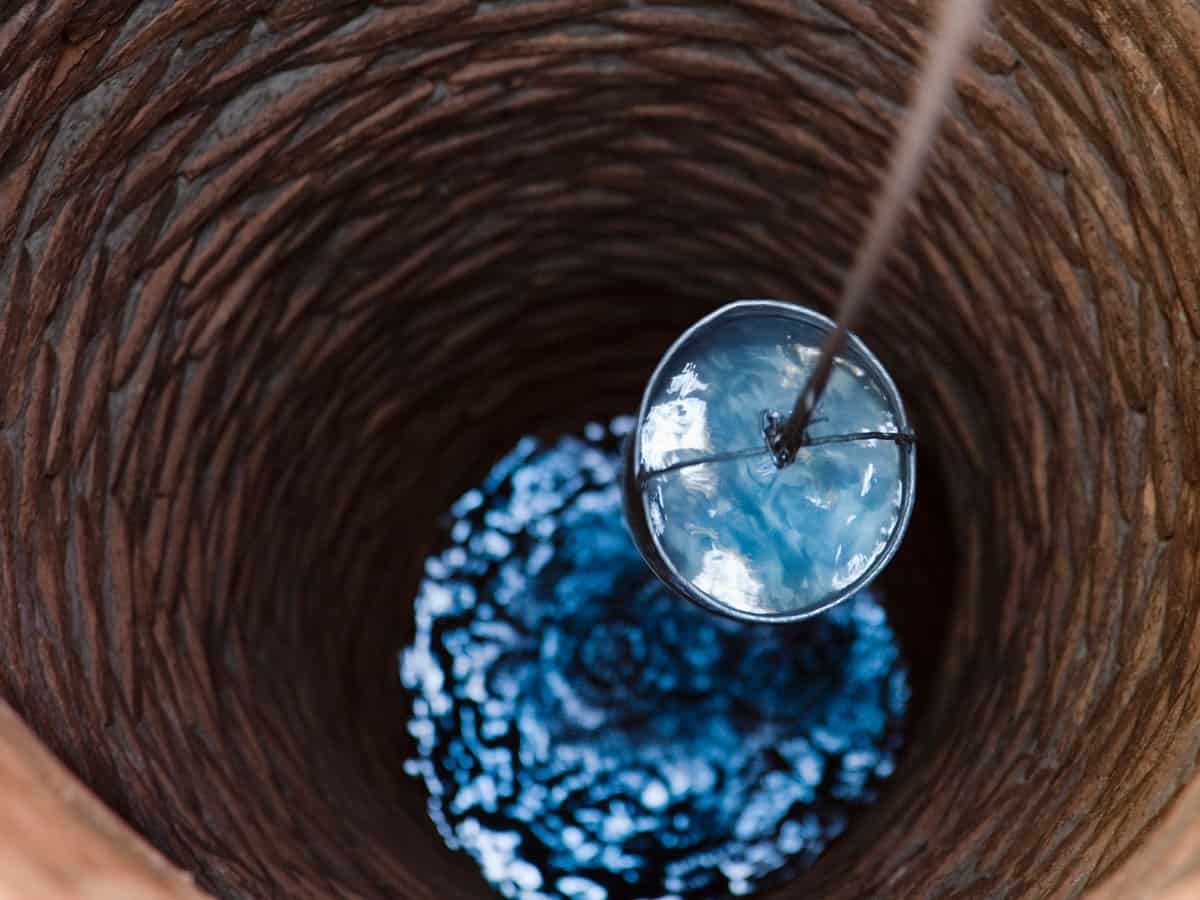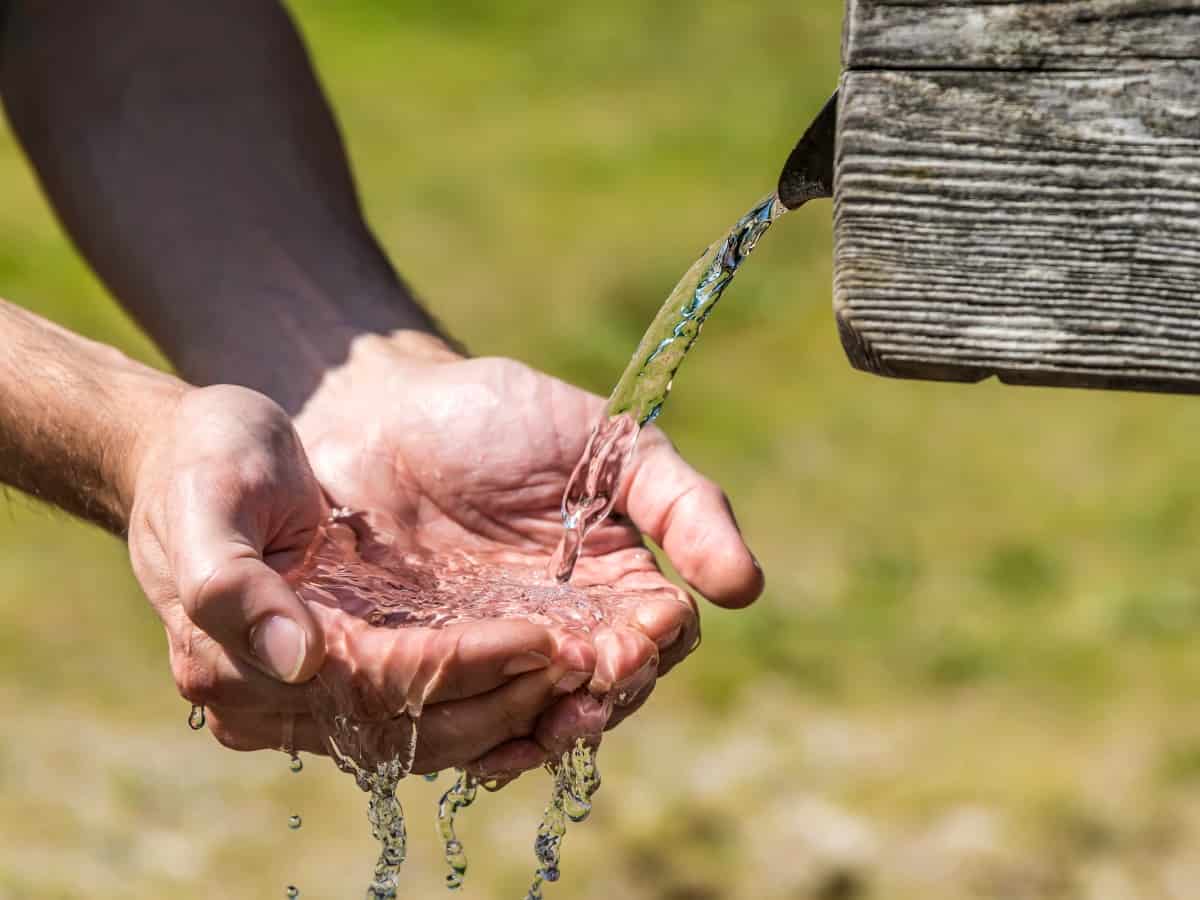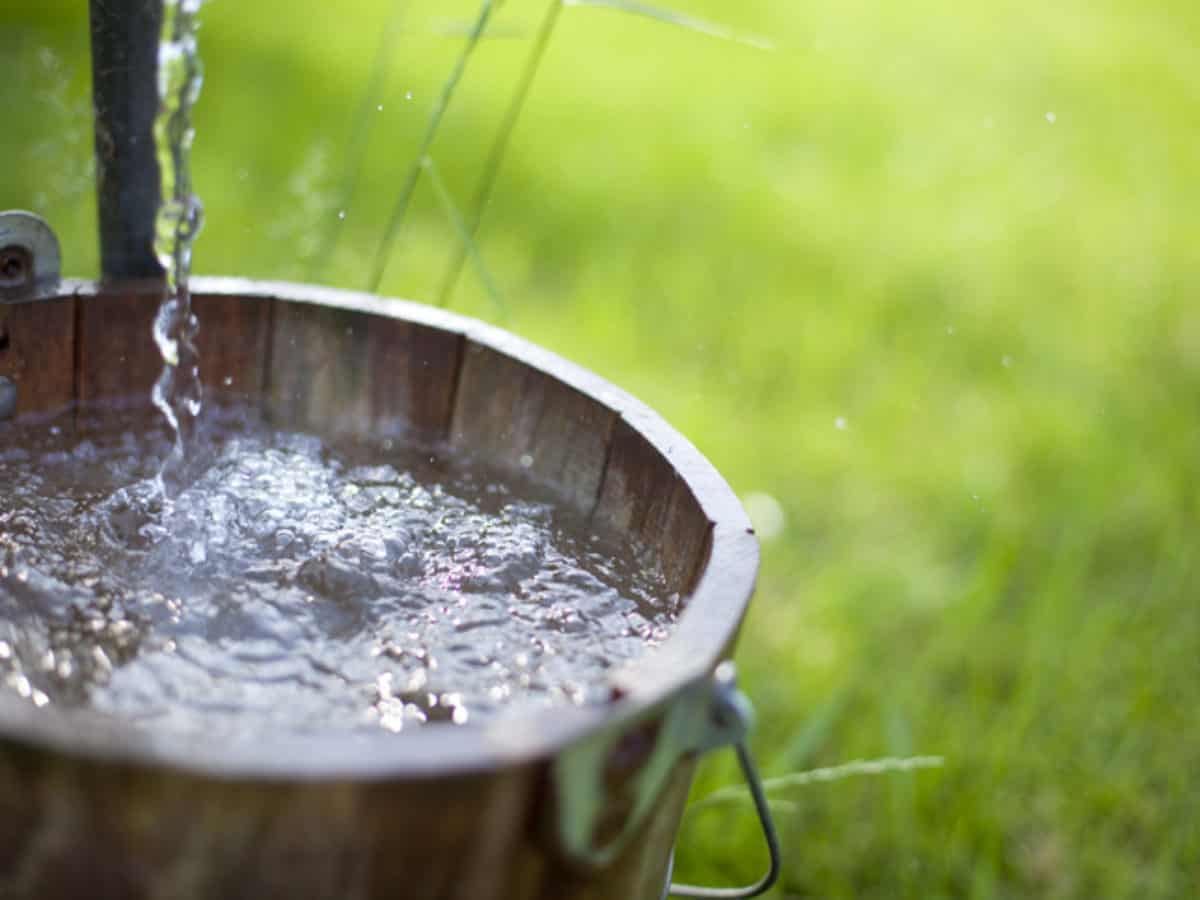Water is a vital resource for everyone, and it’s crucial to keep it clean. The water quality can affect your health, the taste of your food, and the way your home looks. Are you a well owner and wondering why you need to test well water? If yes, then this article is for you. Over 43 million Americans rely on private wells as their primary source of drinking water, according to the United States Geological Survey (USGS).
The rules that govern public water systems from the U.S. Environmental Protection Agency (EPA) do not apply to private wells. It’s up to the well owners to ensure that the water you’re using in your home is clean and safe for drinking.
Let’s look at why it’s important to test well water and when you should do so. We also look at why engaging a professional company to conduct the testing is necessary.
What Is Well Water Testing?
Water testing examines the quality and properties of groundwater that comes from deep underground wells. The water is analyzed for quality parameters to ensure it meets the standards set by the government or other regulatory bodies. These standards promote the distribution of healthy and safe water.
What’s the Importance of Testing Well Water?
Testing well water is essential to ensure the safety of the people, livestock, and plants using it. You can find several contaminants in well water, including bacteria, pesticides, and heavy metals. These contaminants can lead to health problems, ranging from minor stomach issues to severe health concerns. Your well’s water quality should match the minimum standards set by EPA or other organizations involved. If the water shows any pathogens, it’s important to act quickly to treat the water. It’s also good to locate and eliminate the cause of the problem.
What to Test for in Well Water?
The water is tested for various quality parameters and contaminants, such as coliforms, pH, nitrates, chloride, potassium, sodium, and magnesium.
Coliform Bacteria
Coliform is a group of bacteria found in the intestines of animals and humans, soil, surface water, and plants. You can also find them in animals and human waste. Coliforms are usually harmless to humans, but if they are present in large numbers, it shows bacteria and parasites are also present.
pH Levels
PH (Potential of hydrogen) measures how acidic or alkaline the water is on a scale from 0 to 14. The lower the pH value, the more acidic the water. Otherwise, it’s more alkaline if the number is higher.
Low pH levels pose health risks since they can lead to corrosion in the piping, leading to magnesium, lead, and copper buildup. High pH levels can lead to skin issues, such as dryness and itching.
Nitrates
Nitrates can be in fertilizers, animal waste, and sewers. They enter groundwater through runoff and can be toxic to humans and animals. Nitrates convert into nitrites, which causes methemoglobinemia or Blue Baby Syndrome.
Metals
Test well water for heavy metals. This is essential because it checks for harmful contaminants like lead, copper, and cadmium.
Volatile organic compounds
Volatile organic compounds, or VOCs, are a group of chemicals that evaporate easily at normal temperatures and pressures. This means that they are mainly in the air and water. VOCs come from many sources, including household items like paint and cleaning products and industrial sources such as gasoline vapors.
Water Hardness
Although water hardness is not a contaminant, it’s also essential to test the hardness of your water. Water hardness shows the concentration of calcium and magnesium ions in the water.
You can recognize water hardness if it leaves a film on your dishes or clothes. It’s good to note that water hardness does not pose health risks but can be a nuisance in your home.

How Often Should You Test Your Well Water?
According to the National Ground Water Association (NGWA), you should do well water testing at least yearly. The yearly tests should mainly check the coliform bacteria, VOC, and pH. You should also consider testing well water if:
- There’s a pregnant member of the family or newborn in your household
- You notice any changes in the water’s taste, smell, or appearance.
- There’s the presence of floating particles or sediment
- You have diarrhea or vomit after drinking the water
- You’ve just moved in
- There has been a chemical spill, construction, or septic system malfunction near your well.
- You have replaced parts of your well system.
- There’s a known history of water pollution in the area.
- There have been floods in the area or any other natural disaster
- The piping system is old.
What Are the Potential Sources of Well Water Contaminants?
The potential sources of well water contaminants are many but can be classified into two main categories: naturally occurring and artificial. Naturally occurring contaminants exist in the environment because of natural processes. These can include bacteria, viruses, parasites, naturally occurring minerals, radioactive material, and chemical compounds.
Also, well water can become contaminated by artificial contaminants such as pesticides, herbicides, solvents, gasoline additives, industrial chemicals, and even fertilizer.
The following are a few of the most prevalent pollutants found in well water:
Microorganisms
Microorganisms such as bacteria, parasites, and viruses are on the earth’s surface. They are primarily in sewage and animal waste and can get into the well in a variety of ways, including:
- Natural disasters like floods, earthquakes, and tsunamis.
- Rainwater or snowmelt that flows down into the well
- Leaking pipes
- Trees that overhang above the well
- Lack of regular maintenance
- Improper installation of a filter system
Agricultural Runoff
Nitrates, pesticides, herbicides, and fertilizers can all get into groundwater supplies.
Septic Tanks
If they’re not properly maintained, septic tanks can leak harmful bacteria and pollutants into groundwater.
Industrial Plants
Factories and other industrial operations can release into the environment toxic chemicals, contaminating groundwater supplies.
Mining Operations
Mining can release heavy metals and other pollutants into groundwater supplies.
Plumbing Lines
Old plumbing fixtures can lead to corrosion and cause heavy metals like lead and copper.

What Are the Types of Water Testing?
There are a variety of tests that you can conduct on well water. The most common are:
- Microbial/Bacterial test: Tests for bacteria, viruses, and parasites in your water. It can assist you in identifying any possible health problems.
- Chemical/Chemical test: Determines if certain chemicals are present in your water, such as nitrates, nitrites, or arsenic.
- Physical test– Examines the physical properties of your water, including its pH level, hardness, and turbidity (cloudiness). It can help you determine if it’s safe for human consumption.
- Radiological test: Tests for radioactive materials in water. The most common type of radiologic water test is a gross alpha and beta count. This test measures the number of alpha and beta particles in the water.
What Should You Do in Case of a Health Risk?
Consider re-sampling if you did the test yourself, and it turns out that the test results do not match EPA guidelines. Consider contacting a professional water testing company to do another test. This way, you’ll be sure of the way forward.
Why You Should Trust a Company to Test Well Water
The stakes can be high when it comes to water quality; it’s not something you can take lightly or leave it up to chance. The last thing you want is your family’s health to be put at risk by inconclusive or inaccurate results. That’s why it’s essential to find a professional company that has the tools and expertise necessary for accurate testing. They know what’s important and how to ensure that your testing is thorough, accurate, and valuable.
In addition, they’ll be able to tell you precisely what kind of water your well contains and whether it’s safe for you. This will help you decide what type of water treatment or filtration system is right for your home. Involving a professional company saves you time and money since they’ll do the testing in your home. Most of these companies will offer free water tests and help interpret the results.

Stay Safe with ONIT Home
It’s critical to test well water if you suspect there is contamination. This helps check coliform bacteria, pH levels, nitrates, and other contaminants present in your water. ONIT Home can test your water for free and tell you whether it’s safe for drinking. All we need is your water sample, and we’re good to go. We understand that receiving the results sooner rather than later will help you avoid using polluted water. At ONIT Home, we give you same-day results and assist you in interpreting them and to help in making an informed decision. We will also help you get the best water treatment system or filtration system if there are contaminants in your water.
For more information about water testing and filtration, our experts are ready to help. visit our website and write to us to get a free water filtration quote or call us at 1-833-433-0331 today to schedule a free consultation with an ONIT Home representative. For safe and clean drinking water, we’re ONIT!


